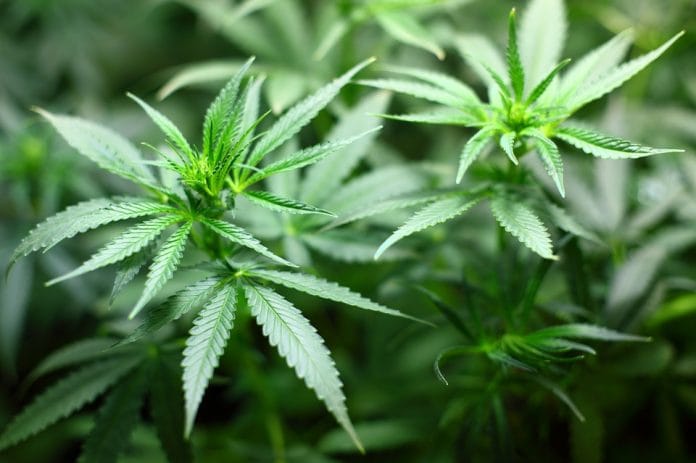New Delhi: Social media bots regularly perpetuate bogus health claims regarding smoking pot, drowning out research-backed facts, an analysis of thousands of cannabis-related Twitter posts has found.
Researchers from the University of Southern California (USC) found that posts from social bots — or automated accounts — suggested that cannabis could help treat or prevent cancer and Crohn’s disease.
The US Food and Drug Administration approves the medical use of cannabis in only a small number of instances, including to help with chemotherapy-induced nausea and vomiting, with appetite stimulation in conditions like AIDS or HIV that cause weight loss, and with the management of two forms of pediatric epilepsy.
“We’re in a period of time where these misleading messages are pervasive online. We want the public to be aware of the difference between a demonstrated, scientifically-backed piece of health information and claims that are simply made up,” said Jon-Patrick Allem, assistant professor at USC.
The worry is that all the online chatter about cannabis’ beneficial qualities will have offline consequences, ultimately influencing attitudes and behaviours, said Allem, lead author of the study published in the American Journal of Public Health.
Also read: Hashtags like #MeToo, #BlackLivesMatter make people view the news as less important
‘Important first step’
For the study, the researchers sampled cannabis-related tweets posted each week between May 2018 and December 2018. They sorted the tweets generated by social bots using a research tool called Botometer that analyses the characteristics of a Twitter account and gives it a score based on how likely the account is to be a bot.
They then coded the tweets into 12 categories, including mentions of first-time use, health and medical, legality, processed products such as edibles and using cannabis in conjunction with alcohol, painkillers and psychedelics.
“What we found was that the proportion of bot posts that talked about health claims was larger than the proportion among non-bot accounts,” said Patricia Escobedo, a doctoral student at USC.
“Raising the issue of these false claims by social bots is an important first step in our line of research,” Allem said.
“The next step will be to examine the self-reported levels of exposure and beliefs in these claims and perceived risks and benefits of cannabis use, intentions to use and actual use.”
Also read: How legalising cannabis can help India ease some of its economic burden






